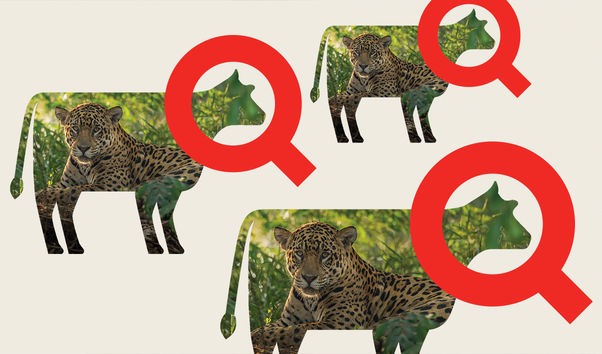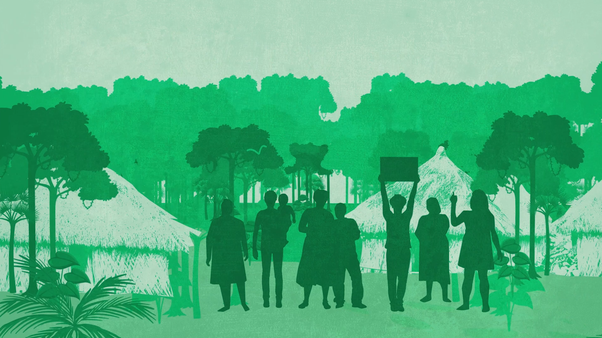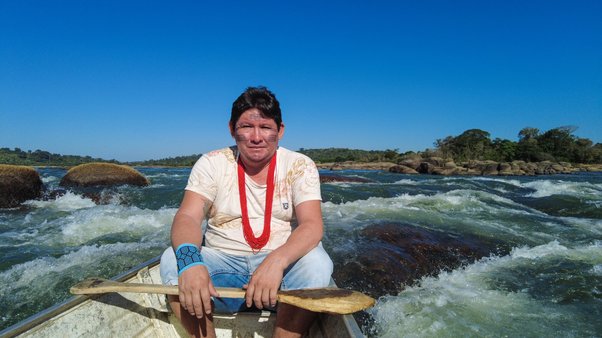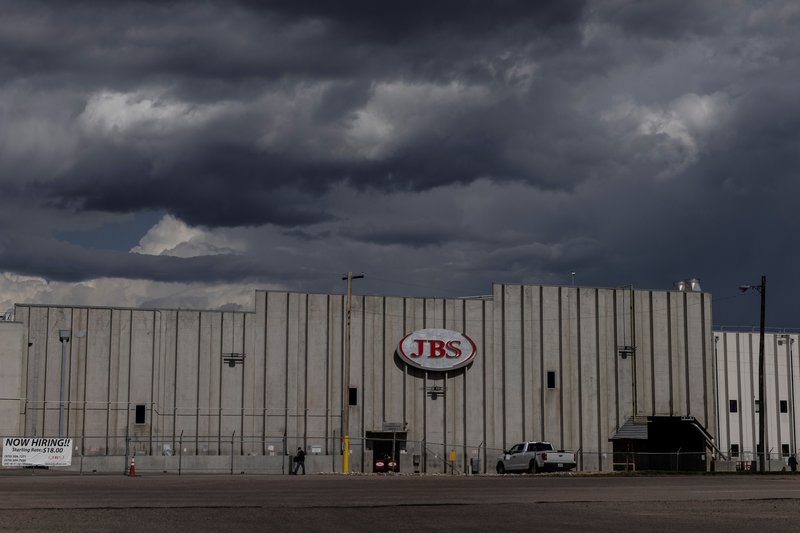
Meat giant JBS’s US stock market debut exposes the deep flaws in the global financial system and raises urgent questions for regulators, investors and the future of our climate-critical forests
Who is JBS?
JBS is one of the world’s largest and most notorious meat companies. Founded in Brazil in the 1950s, in its long history the company has been tied to deforestation, corruption and human rights violations.
JBS is controlled by the Batista family, most prominently by the brothers Joesley and Wesley, who last year rejoined the board having stepped away from the company when they were embroiled in a corruption and bribery scandal known as “Operation Car Wash.”
2025 marks an important chapter in the history of JBS.
After multiple failed attempts – and pushback by environmental and human rights groups, including Global Witness – JBS has succeeded in being publicly listed on the New York Stock Exchange (NYSE), in what is being referred to as its US “Initial Public Offering” or “IPO”.
While JBS is already a publicly traded company in Brazil, this marks the first time its shares are being offered directly on a US exchange. This US IPO gives the company access to a much broader pool of investors and makes it easier for US-based investors to buy its shares, opening the door to fresh capital and expansion.
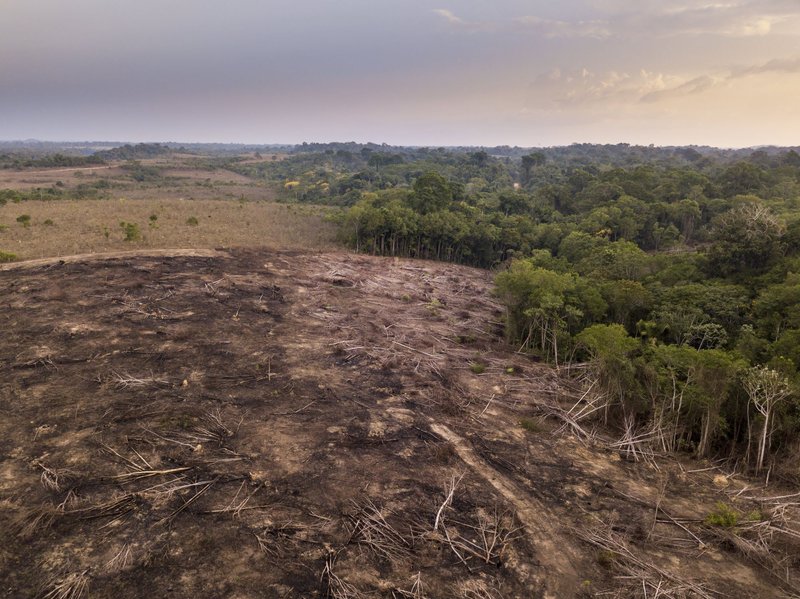
JBS has been repeatedly been exposed for sourcing its cattle from ranches tied to thousands of hectares of Amazon deforestation. Today, scientists warn the forest is dangerously close to reaching an irreversible ecological tipping point. Paralaxis / Getty
What are JBS's links to deforestation and the climate crisis?
As the largest meatpacking company in the Amazon, JBS has been one of the worst contributors to the massive deforestation footprint in the region through their purchase of cattle.
From 1985 to 2023, the Amazon lost over 88 million hectares (ha) of forest – an area the size of 550 Londons or over 1,000 New York cities. Representing over 10% of the entire ecosystem, this loss has mostly been driven by expanding agriculture and cattle ranching.
Because tropical rainforests are a self-maintaining system, scientists warn that further deforestation may reach a tipping point where a massive die-off could occur, leading to a loss of up to 70% of the forest.
JBS has been one of the slowest companies to end sourcing from ranches tied to Amazon deforestation.
A 2020 Global Witness investigation into JBS’ supply chain in Pará state found that, over the course of three years, JBS was supplied by more than 300 ranches linked to over 15,000 ha of deforestation in total.
In a follow up investigation, we found that JBS continued to purchase from 144 of these same ranches and failed to monitor an additional 470 ranches in its supply chain linked to over 40,000 ha of deforestation.
JBS’s failures extend beyond forests to other climate-critical biomes too, too. In 2024, Global Witness reported on the destruction of the Cerrado savannah and Amazon rainforest in the Brazilian state of Mato Grosso.
Of the nearly 60,000 ha of deforestation we linked to the supply chains of Brazil’s three largest meatpacking companies, more than 40,000 ha were connected to JBS alone.
Our latest investigation exposed JBS’s ties to jaguar habitat destruction, with one supplier to the company clearing over 1,200 hectares of protected land in Brazil in the past decade.
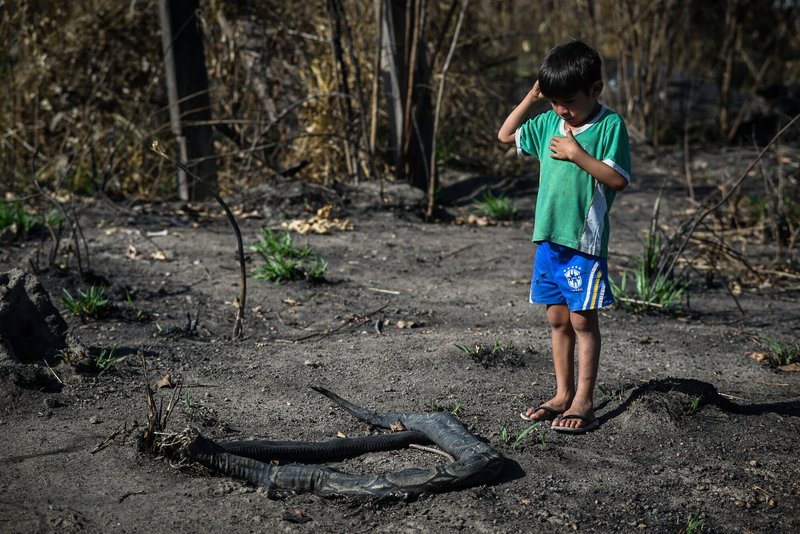
A Parakanã boy stands over a charred snake carcass, in Pará state, Brazil. JBS’ supply chain is directly and indirectly linked to severe land invasions and deforestation activities in Pará state that have caused extensive harm to Indigenous communities and the natural environment. Cícero Pedrosa Neto / Global Witness
How is JBS tied to alleged human rights abuses?
JBS has been tied to multiple human rights violations, including purchasing from suppliers that have illegally invaded Indigenous lands, land grabbing from conservation areas, and labour abuses.
Industries with a high deforestation risk often come with threats to the communities that live in the affected areas. For regions like Brazil, where 98% of Indigenous territories lie within the Amazon, the continued expansion of ranching or other industries is tied to ongoing and rising threats against these communities.
For example, the Apyterewa territory is home to the Parakanã people. Located in Pará state, for several years the region was the most deforested Indigenous land in all of Brazil due to ongoing invasions by miners and ranchers.
Last year, an analysis by the Center for Climate Crime Analysis (CCCA) in Brazil found nearly 8,000 head of cattle produced by these invading ranchers entered JBS’s supply chain. Previously, another investigation found that JBS purchased cattle from a rancher in Pará who was accused of land grabbing and murder.
JBS dropped a reference to its own “zero tolerance” to the invasion of protected areas, including Indigenous lands and environmental conservation zones, from its US IPO application during its listing attempt.
This weakened commitment and examples of harm show how JBS has repeatedly failed to eradicate human rights abuses and deforestation risk from its operational model.
What does global finance have to do with JBS?
Despite this ongoing evidence of its negative impacts on climate-critical forests and their inhabitants, JBS still receives significant financial backing from recognisable global names.
We’ve repeatedly shown how financial heavyweights like BlackRock, Deutsche Bank and Goldman Sachs have bankrolled the meatpacker’s destructive operations.
Our investigation found that between 2018 to 2023, Barclays was the top creditor to JBS, earning over $1.7 billion from financing the company’s global operations. The responses of Barclays and the JBS’s other creditors to our investigation are set out in our full report.
In the past, we’ve contacted several of JBS’s financial backers, urging them to respond to official investigations linking the company to illegal deforestation and questionable sourcing practices.
We’ve also shared our own reports showing that some of JBS’s supply chain farms are operating illegally on Indigenous lands. These concerns have been sent to major names in global finance and banking, including Barclays as well as past and current shareholders like HSBC, Deutsche Bank, Credit Suisse, BNP Paribas, BlackRock, JP Morgan, Morgan Stanley, Aviva, Santander and Robeco.
Only Aviva told us publicly they would exclude JBS from further active investment moving forward. Robeco told us that it uses its shareholding to push for positive change, though it is unclear what results this approach has yielded.
What is clear is that global finance – flowing from the world’s largest financial capitals – helps sustain JBS’s operations.
We’ve called on the financial sector to suspend its support for the company until it can prove it will end its contribution to global deforestation.
We also need governments to introduce robust due diligence frameworks that prevent companies gaining access to more funding until they demonstrate they have systems in place to prevent harm to people and planet.
How did JBS list on the New York Stock Exchange?
JBS shares have been available for public trading on the São Paolo Stock Exchange (B3) in Brazil since 2007, meaning it is already a public company whose shares can be owned by the public. On 12 July 2023, the company announced its intention to “dual list” on the New York Stock Exchange in the US.
This deal gave the Batista family a super-voting-majority at the point of listing and provided the company with major new access to capital to fund expansion. As part of its intent to register, the company also announced a restructure that shifts its headquarters to The Netherlands.
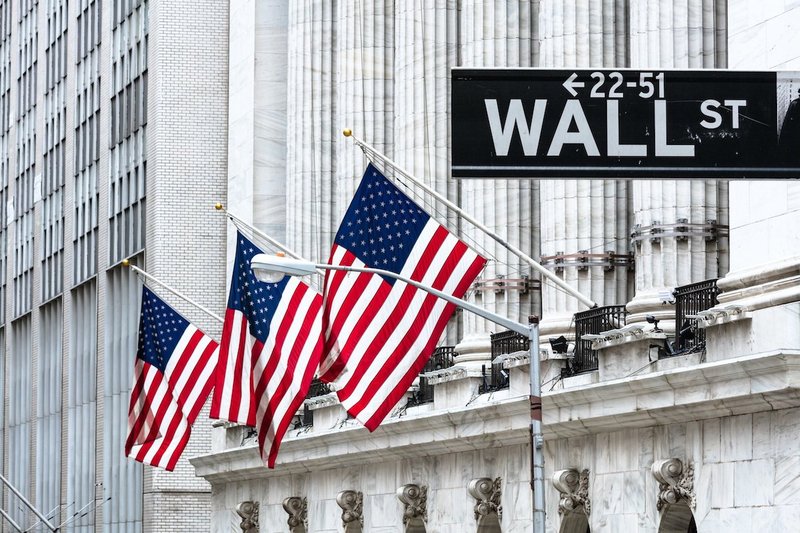
Opposition to the listing came from many directions.
Twenty environmental and human rights groups across the world joined Global Witness in issuing a briefing to thousands of investors opposing the listing.
Lawmakers in the US and UK – including current Secretary of State Marco Rubio in the US – publicly questioned the environmental impact of the deal.
Many investors also co-signed a letter urging the SEC to protect investors, citing of a lack of transparency around JBS’s climate-related risk.
Despite the pushback, the SEC gave JBS the greenlight to proceed in April 2025. The company’s shareholders approved JBS’s plans and JBS is now traded on the NYSE.
What does JBS’s US IPO mean for the planet?
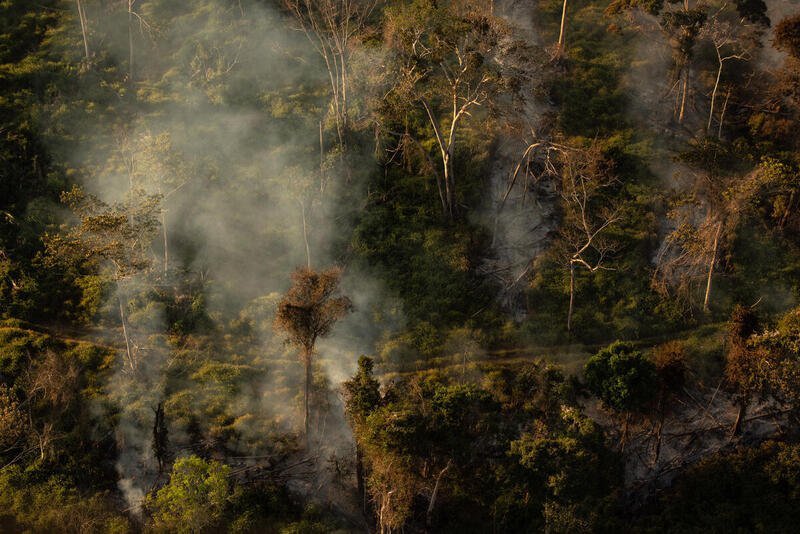
The company’s restructure and stock market listing cements the Batista family’s control over its future, significantly limiting the influence of minority shareholders to steer the company in the right direction, while opening the door for a broad range of investors to pour money into its operations.
More investment means more fuel for JBS’s existing expansion plans. At a time when the world needs to drastically reduce agricultural emissions, JBS is instead manoeuvring to open facilities in markets across the globe, including in the US, Nigeria and Vietnam.
What’s worse, the company now appears to be publicly abandoning sustainability claims. In early 2025, the company’s global chief sustainability officer Jason Weller said that the company’s net-zero by 2040 target was merely an "aspiration", admitting "it was never a promise that JBS was going to make this happen."
Until the company demonstrates credible plans for reaching net zero and ending deforestation in its supply chain, more investment in JBS via the US stock market risks fuelling further harm to people and planet.
What needs to change urgently?
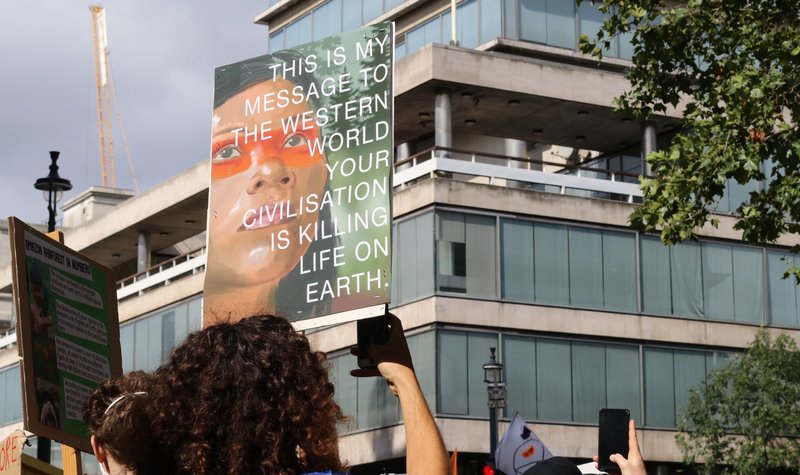
Finance is the lifeblood of business everywhere – and right now, too much of it flows to companies destroying forests and abusing human rights. The world’s worst offenders must not be rewarded with easy access to capital to finance their destruction.
Governments have a responsibility to stop this by enacting strong, enforceable laws that restrict harmful business practices and cut off investment in companies that do not respect people and the planet.
JBS’s successful bid to join the New York Stock Exchange is a predictable outcome for a financial system built on deforestation. A change is sorely needed. Investors are currently doing too little to voluntarily mitigate deforestation-risk and human rights violations linked to companies like JBS.
Just as JBS refuses to shift its operating model to prevent the worst impacts of its business, the wider global financial system is enabled by weak national policies and light-touch regulators that fail to use the full extent of their authority to prevent damage and harm.
Ultimately, JBS’s welcome on the New York Stock Exchange is nothing short of an abject failure of our global financial system. We have the tools to end deforestation and decelerate climate breakdown. It’s time that governments use them.
